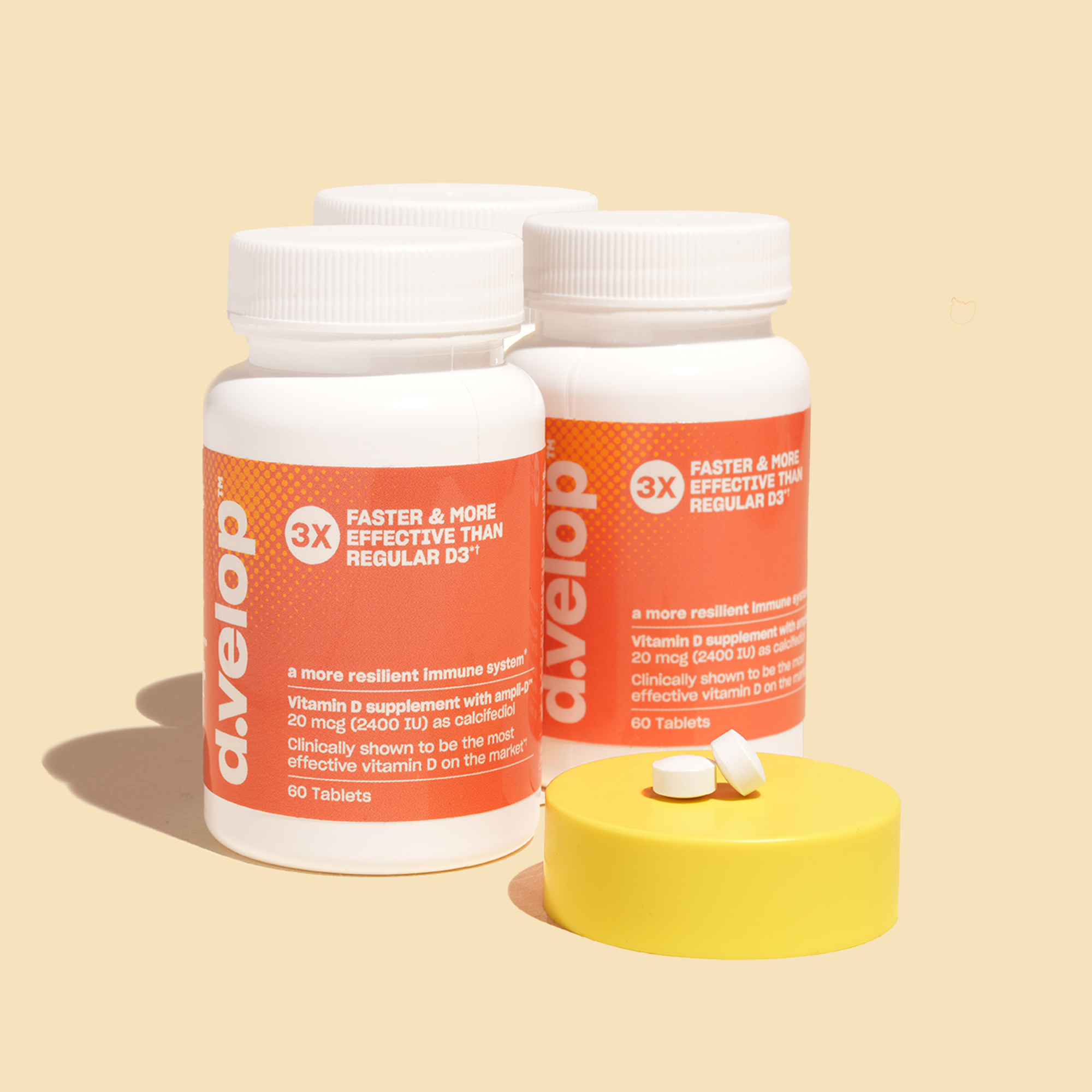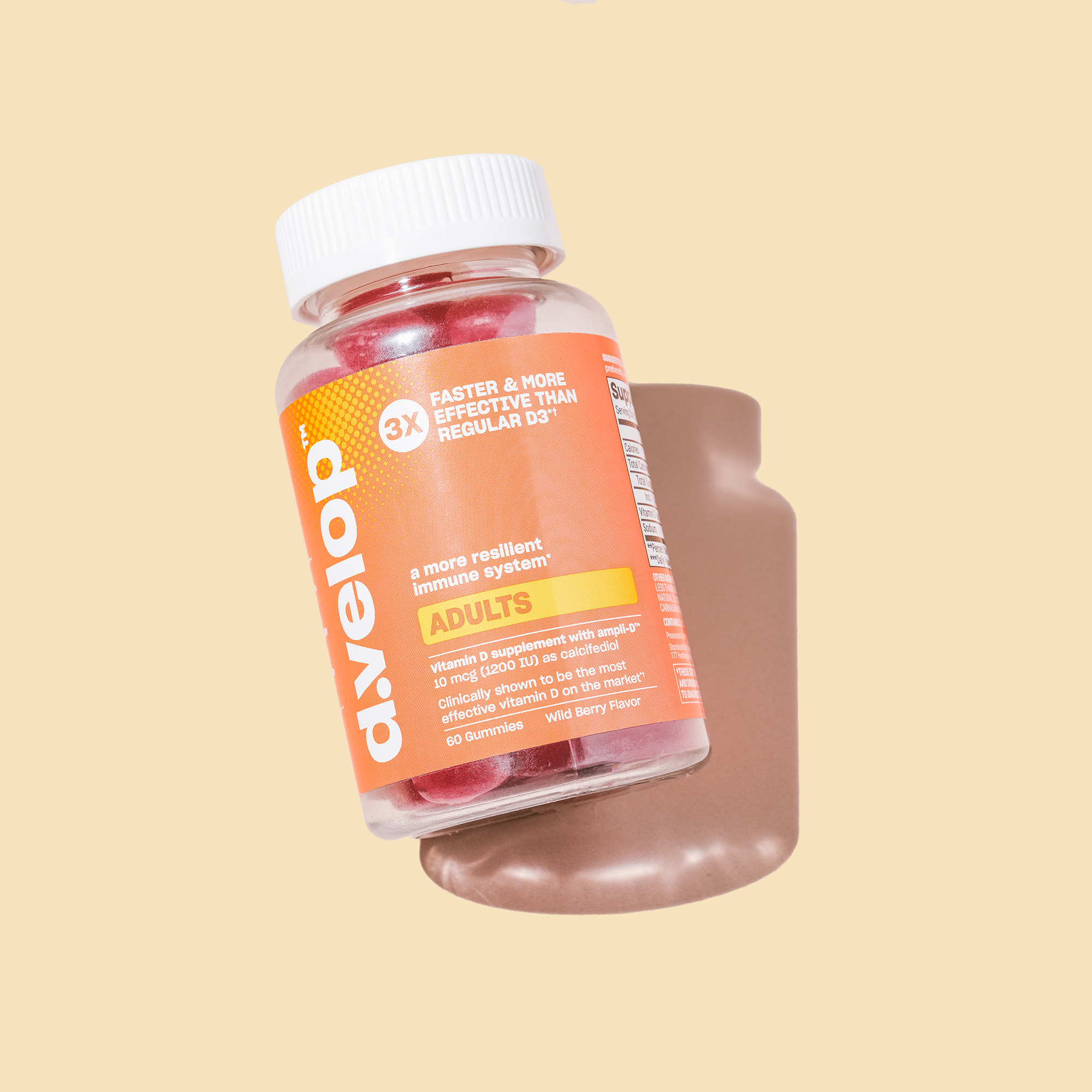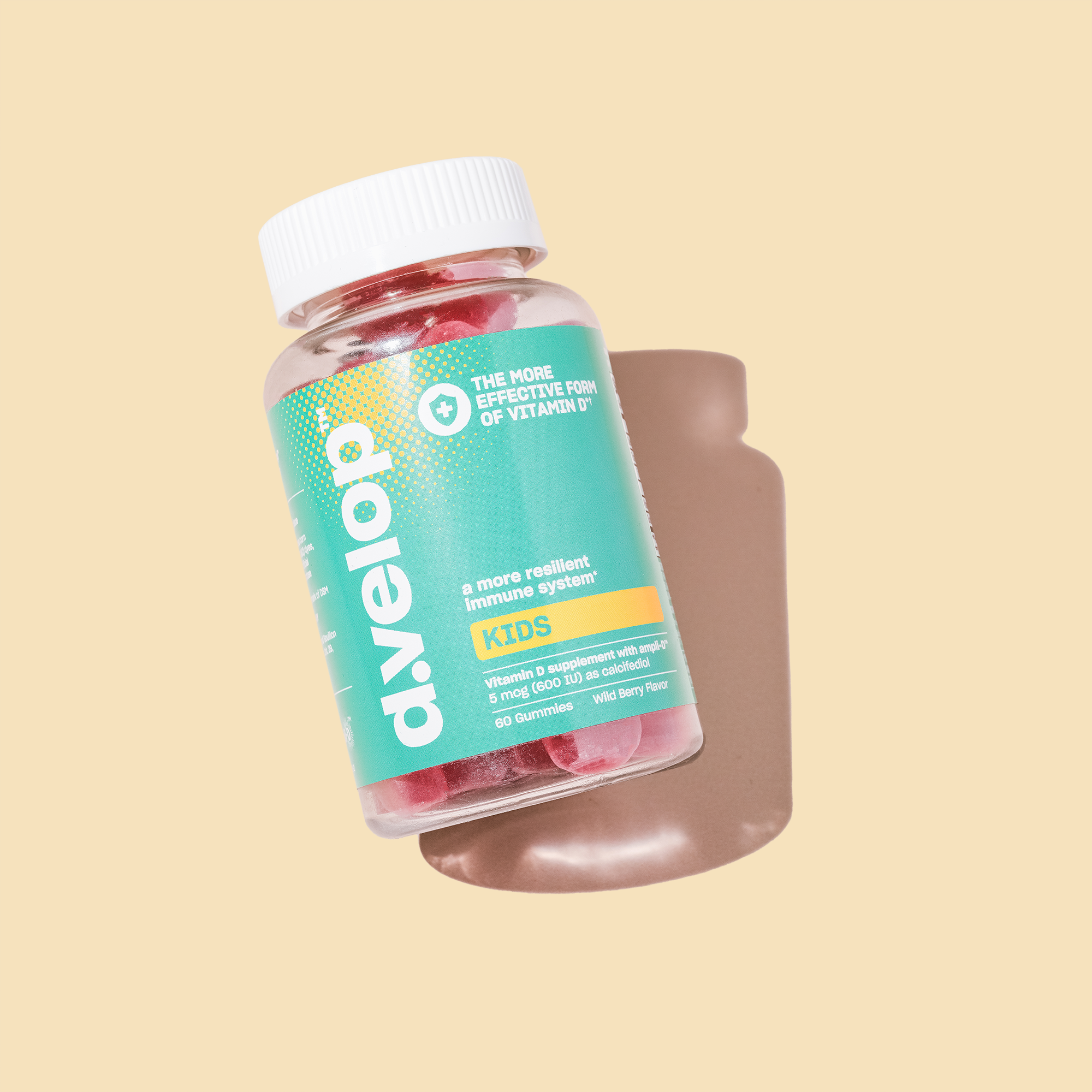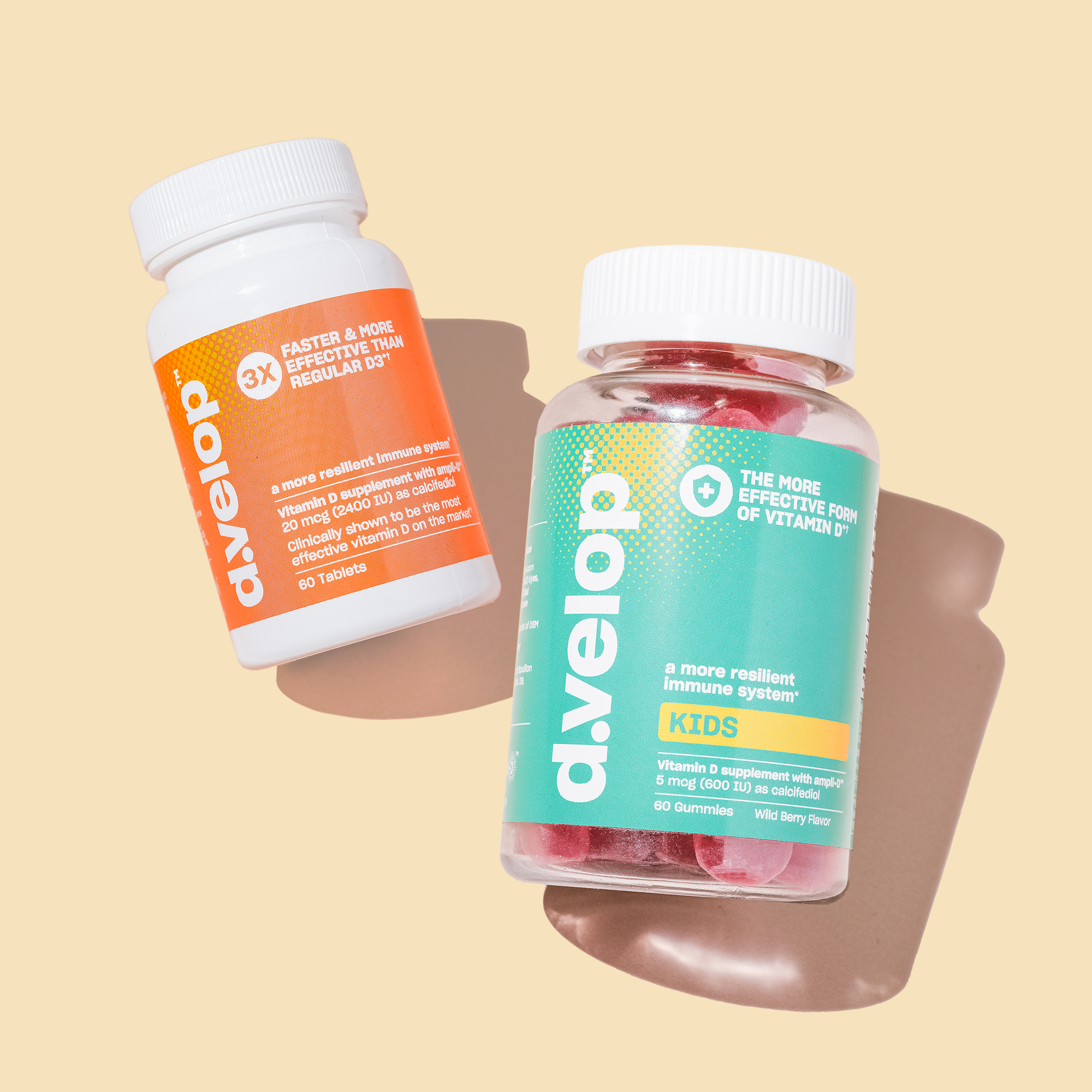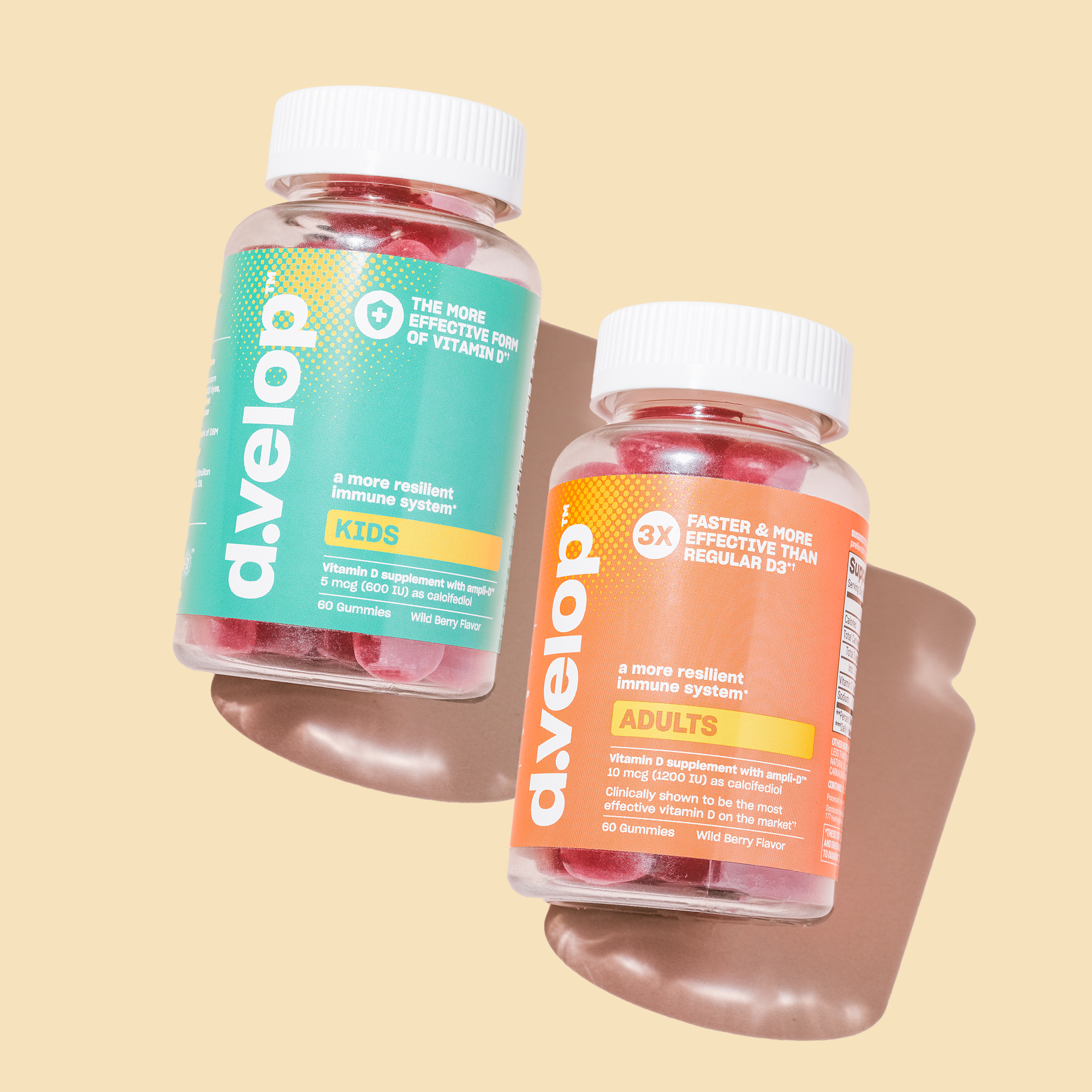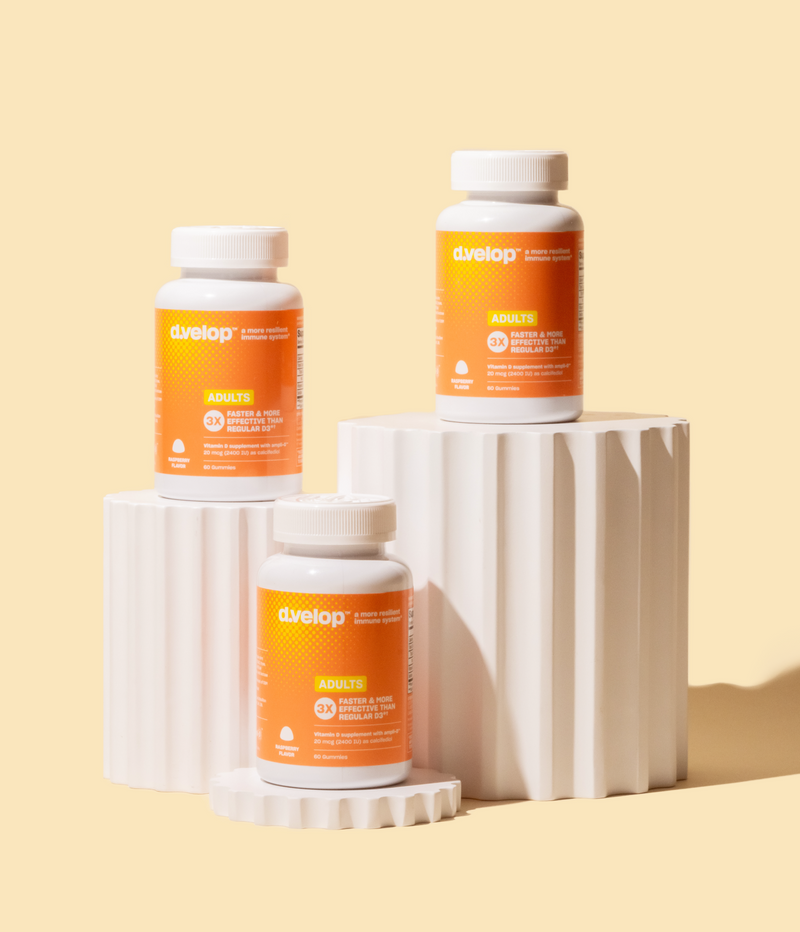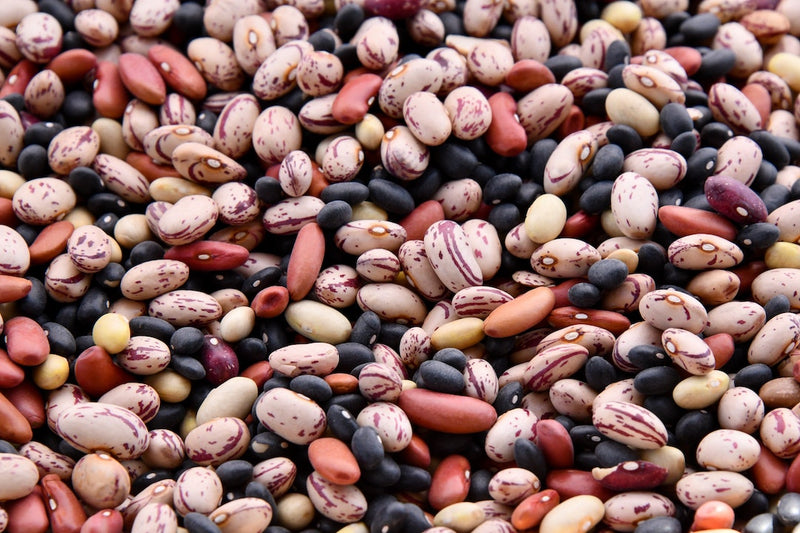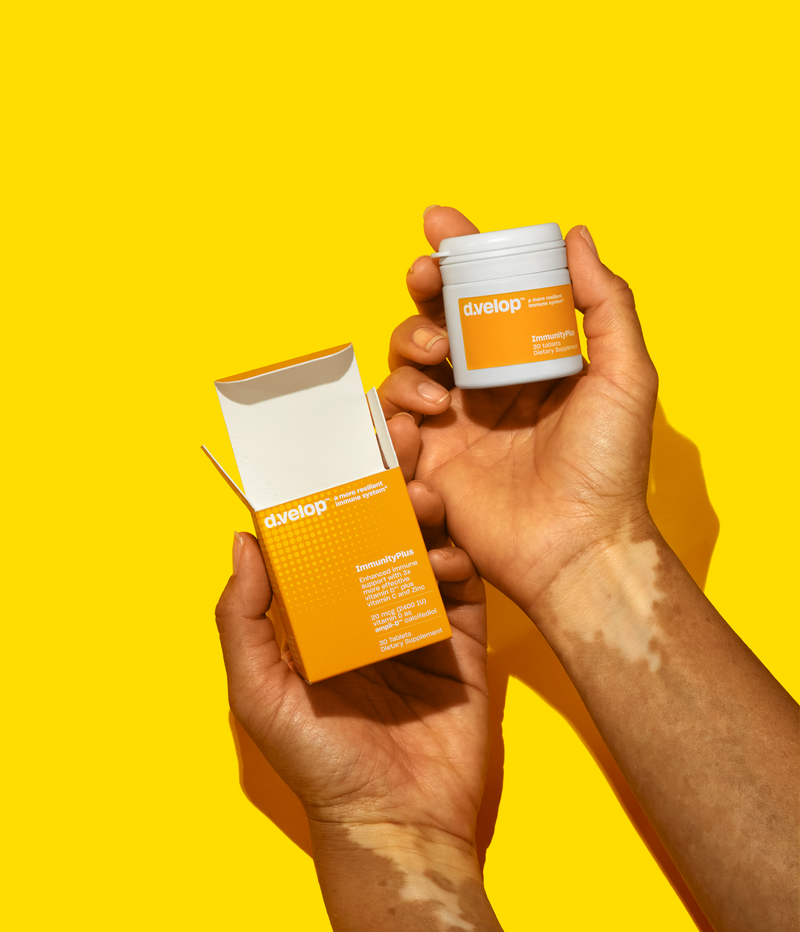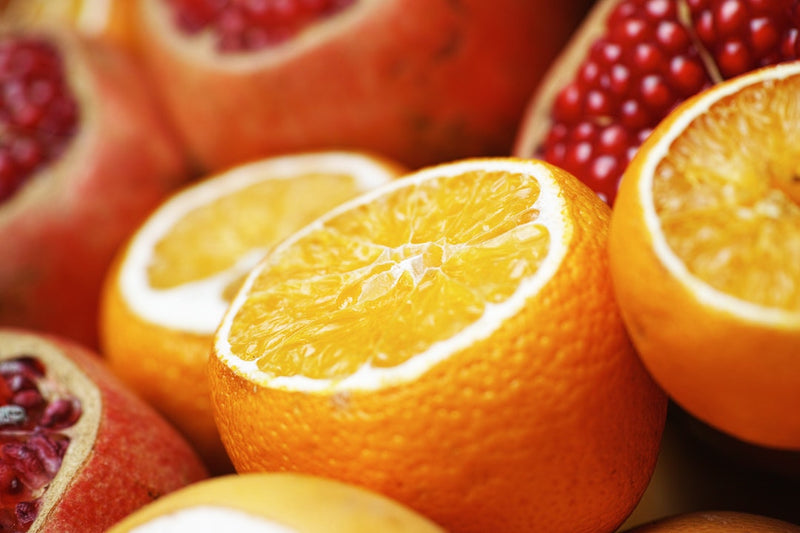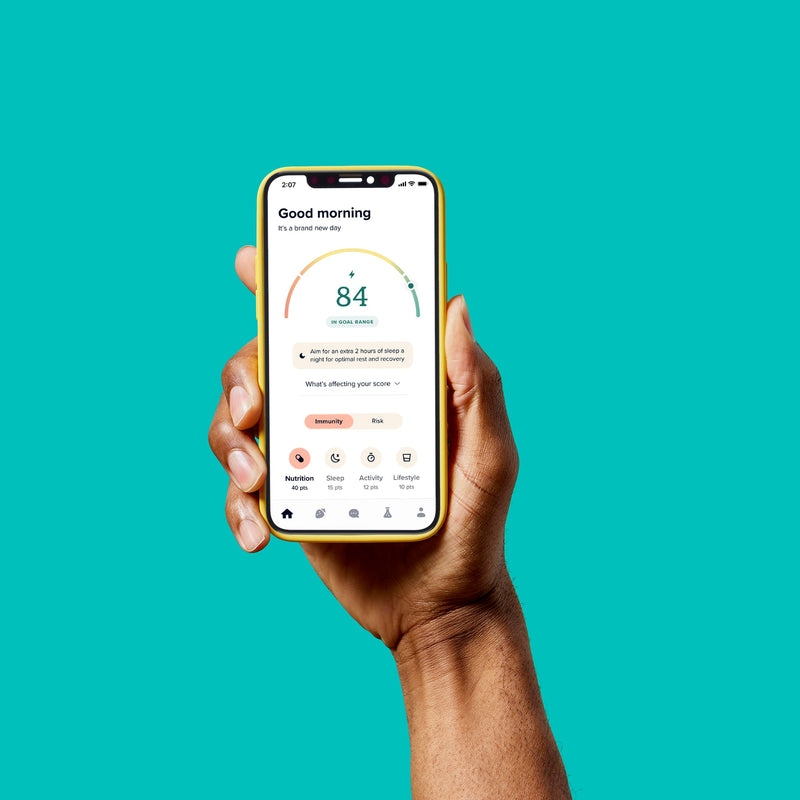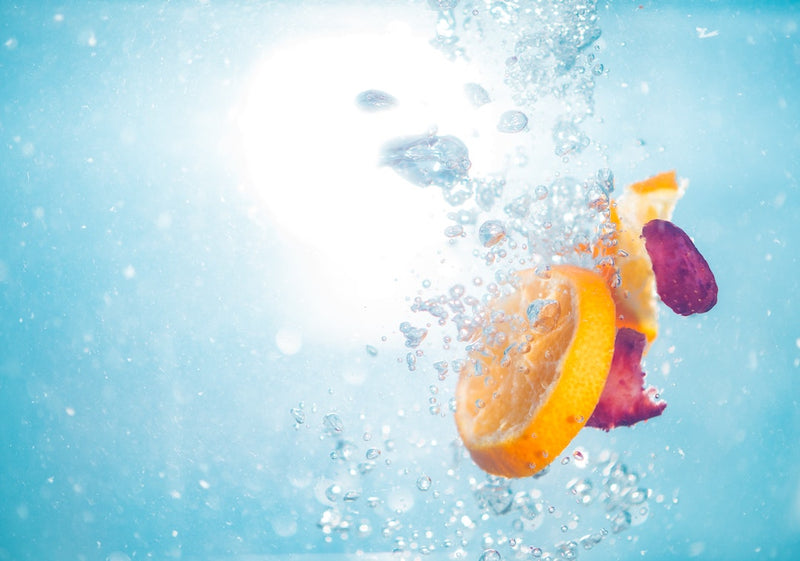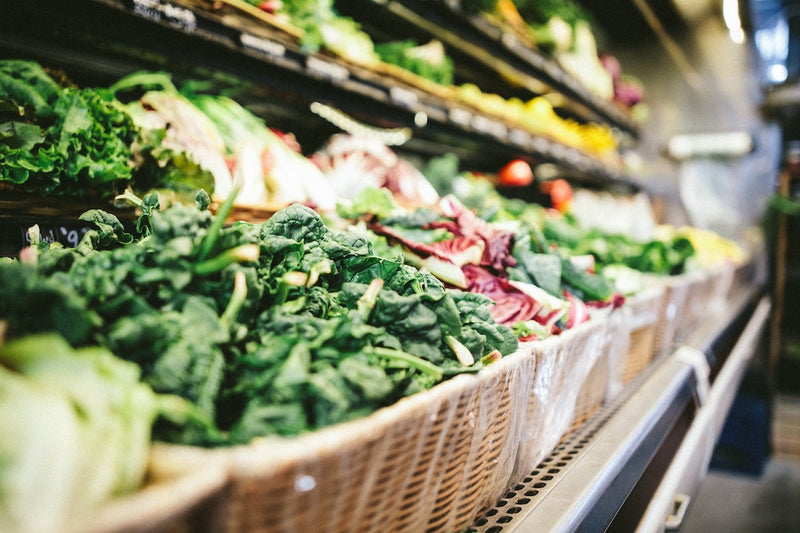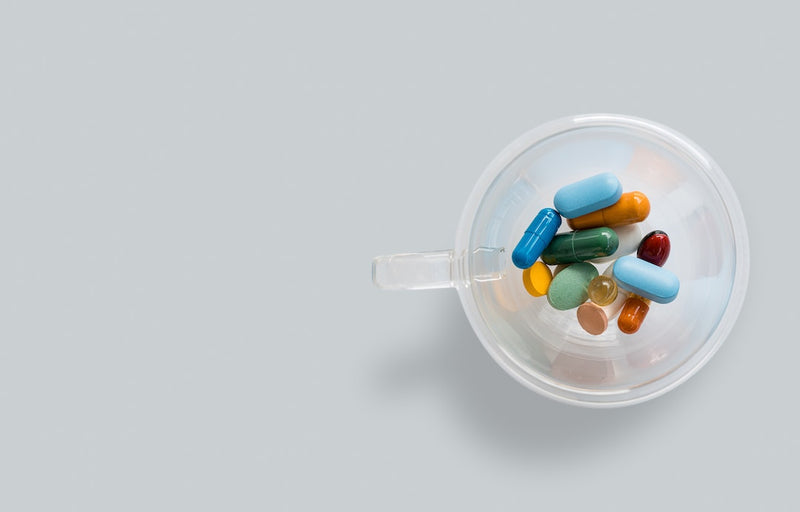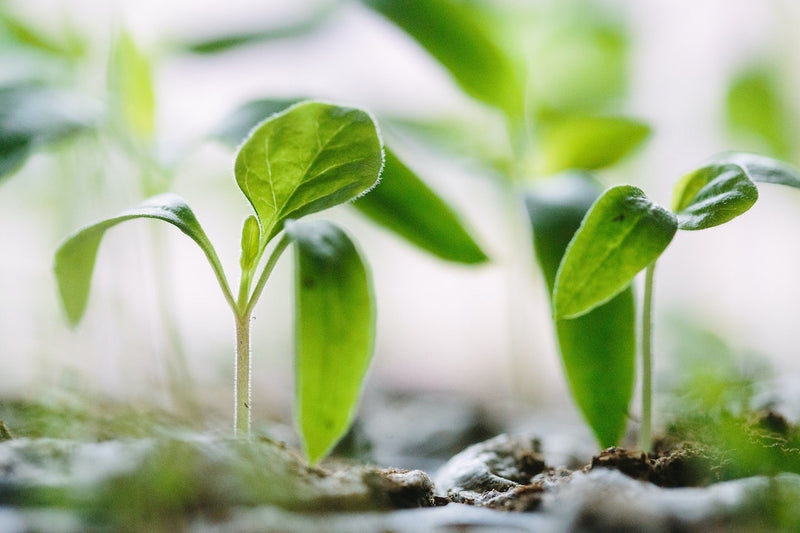Following a Paleo diet can be part of a healthy lifestyle for many people. The Paleo diet is built around meats, fats, nuts, seeds, and lots of vegetables and fruits while skipping “processed/sugar added foods”, grains, beans and dairy. Here are five tips and tricks to building an immune health rich plate on a Paleo diet.
Choose lean meats
Lean meat like chicken, eggs, turkey, and lean beef. These not only add protein to your plate but also incorporate nutrients like Iron, Zinc and Selenium. Iron is a key component of red blood cells that carry much needed oxygen throughout our entire body. Zinc and selenium both function as antioxidants with anti-inflammatory properties that focus on decreasing inflammation and ridding the body of damaging compounds that can lead to illness and disease (Gombart et al 2020).
Depending on your definition of processed, tofu can be a great “lean meat” option too! If you’re feeling adventurous, try deer meat (venison) or bison for a new flavor profile.
Focus on healthy fats
Our bodies need fat and can use it as fuel but the types of fat we choose are just as important. Focus on healthy fats from foods like avocados, walnuts, olives and olive oil and fatty fish like salmon or sardines for a good dose of omega-3s. Omega-3s not only have anti-inflammatory properties but they also play a role in activating immune cells into action when needed (Gutierrez et al 2019). These foods are so versatile and can always be great toppers for your favorite salads.
Load up on veggies
A plant-based diet is wonderful for immune health since it often is rich in key immune supporting nutrients and the Paleo diet is no different. Try incorporating both starchy veggies like carrots, beets and peas to replace some of the carbs you are cutting out by not eating grains as well as non-starchy veggies like asparagus, red peppers and summer squash.
Both starchy and non-starchy vegetables are good sources of fiber and B-vitamins– nutrients often lacking on a paleo diet. In addition carrots are a good source of vitamin A while red peppers and summer squash are rich in vitamin C…both important vitamins for immune health.
Make fruit dessert
A versatile meal add-on, or finisher.Try adding fruit to any meal or on top of a salad. Another great way to get fruit in is making a smoothie. Try mixing raspberries and blueberries to maximize your antioxidant intake with almond milk for a refreshing dessert or make it a meal by adding in some of your favorite nut butter.
Antioxidants can be your immune system’s best friend by helping fight back against disease causing and illness driving free radicals. Everyone has free radicals in their body as they are inevitable and caused by many factors (both controllable and not controllable) such as pollution in the environment, smoking and even just the body’s process of breaking down foods. Antioxidants fight back against these free radicals by neutralizing them so they cannot go down the path of creating illness and disease.
Ready for a quick, easy paleo dinner tonight?
Check out the Honey-Soy Glazed Salmon with Spinach and Peppers recipe. You can find this recipe and more on the Nutrition tab within the d.velop™ app! Tap the Strawberry icon, scroll to the bottom tap “See all recommended recipes”, and enter the recipe name in the search bar.
Author:
Laura Ward, MS, RDN, IBCLC
Resources
Ali M, Lee S-Y, Park J-Y, Jung S, Jo C, Nam K-C. Comparison of functional compounds and micronutrients of chicken breast meat by breeds. Food science of animal resources. https://www.ncbi.nlm.nih.gov/pmc/articles/PMC6728819/. Published August 31, 2019. Accessed August 13, 2021.
Gombart AF, Pierre A, Maggini S. A review of micronutrients and the immune system–working in harmony to reduce the risk of infection. Nutrients. 2020;12(1):236. doi:10.3390/nu12010236
Gutierrez S, Svahn SL, Johansson ME. Effects of Omega-3 Fatty Acids on Immune Cells. Int J Mol Sci. 2019;20(20):5028. doi: 10.3390/ijms20205028
